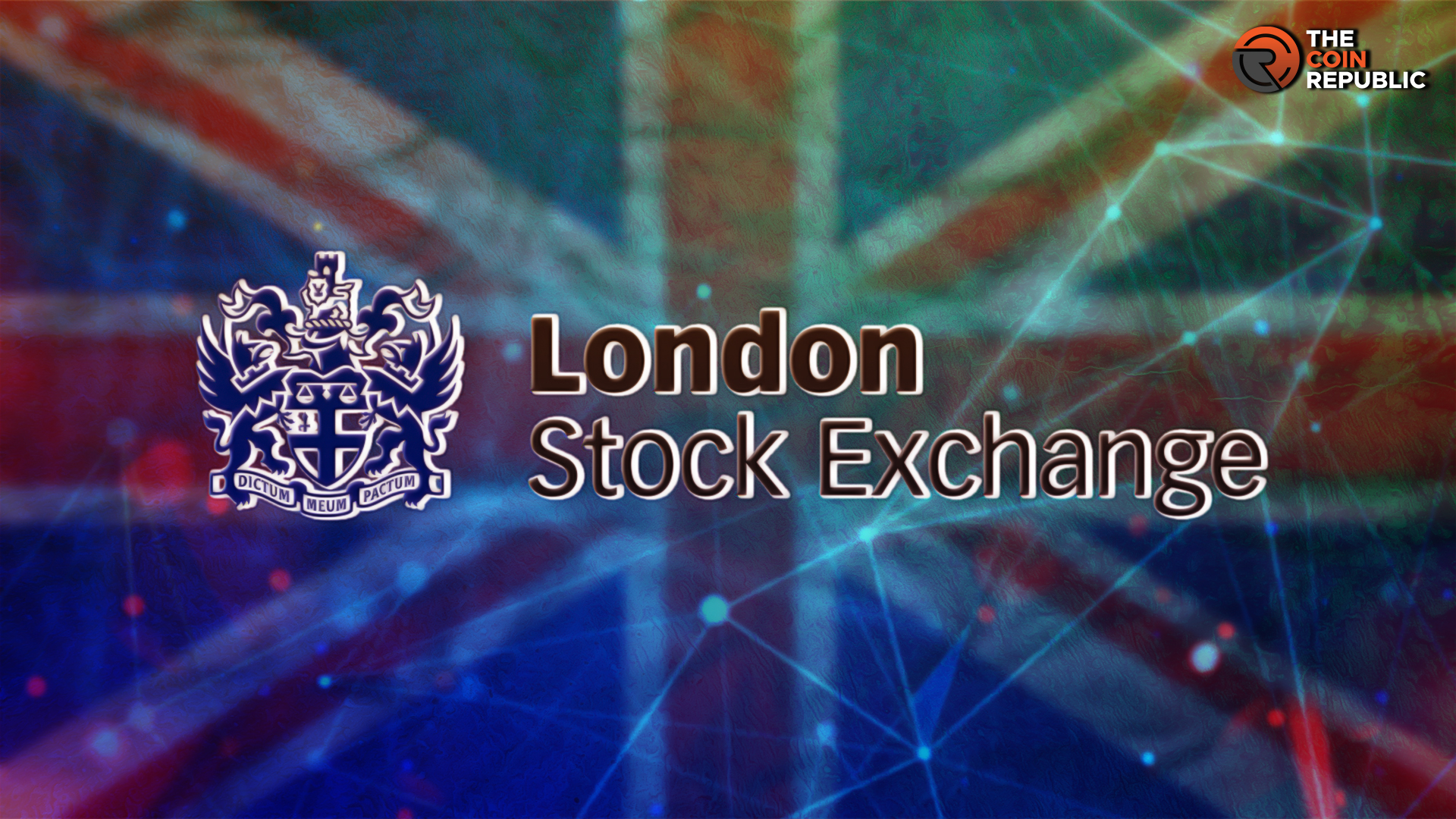
Blockchain technology has the potential to revolutionize traditional asset trading, with institutions like the London Stock Exchange leading the way in adopting blockchain-based platforms. With its core attributes of transparency, immutability, and heightened security, blockchain offers several advantages for capital markets.
At its core, blockchain technology operates as a decentralized and distributed ledger system. Transactions are bundled into blocks and intricately linked together, creating a continuous chain of blocks. This structure ensures transparency and immutability, as any attempt to modify a recorded transaction requires unanimous agreement from all participants in the network.
The adoption of blockchain technology in traditional asset trading offers several advantages. Firstly, it increases transparency and auditability as trading histories are visible on-chain, enhancing regulatory oversight. Additionally, smart contracts embedded with compliance rules enable real-time validation, automating compliance processes. 24/7 markets supported by blockchain technology also enable continuous trading without limitations imposed by traditional exchanges. Furthermore, blockchain technology enables faster settlement times, eliminates settlement lag and risks, and reduces costs through disintermediation and automation.
Successful case studies of blockchain-based trading platforms include the Australian Securities Exchange (ASX), which is developing a blockchain-based substitute for its existing clearing and settlement system. The Hong Kong Stock Exchange (HKEX) is also actively exploring how blockchain can be applied to stock trading, reflecting the industry’s effort to introduce innovation and reliability into traditional trading systems.
While blockchain offers immense promise, implementing it in traditional asset trading also presents challenges and risks. Meeting regulatory compliance can be complex, as stringent rules govern traditional asset trading. Transitioning from legacy systems to blockchain technology can also be costly and logistically challenging. Ensuring blockchain can handle the high volume of transactions on traditional asset trading platforms is another significant concern.
The London Stock Exchange’s blockchain trading platform aims to introduce key features and functionalities that will reshape traditional asset trading. The platform seeks to simplify the trading process, minimize reliance on intermediaries, and expedite settlement times. It also enables the tokenization of traditional assets, making them more accessible and easily tradable. Smart contracts automate contractual agreements, reducing the need for manual intervention. Real-time monitoring and interoperability with existing financial systems are also key features. The platform’s exceptional security and transparency bolster investor trust and confidence.
Regulatory considerations are paramount in integrating blockchain technology into traditional asset trading. Regulators need to strike a balance between innovation and investor protection, ensuring compliance with existing regulations while accommodating blockchain’s unique features.
The adoption of blockchain technology in traditional asset trading is poised for growth as its advantages become more apparent. This technology has the potential to streamline operations, lower expenses, and attract a broader spectrum of participants, influencing the trajectory of the industry.
Other successful examples of blockchain-based trading platforms include the Australian Securities Exchange’s clearing and settlement system and the Swiss Digital Exchange, which allows for the tokenization of traditional assets. Nasdaq’s Linq platform offers a streamlined and efficient way for private companies to manage and trade their securities.
In conclusion, blockchain technology has the potential to transform capital markets by eliminating inefficiencies and opacity. As pioneers like the London Stock Exchange venture into blockchain-based solutions, the potential influence of this technology on traditional asset trading becomes a focal point. With its core attributes of transparency, immutability, and heightened security, blockchain technology promises to reshape traditional asset trading and drive the next evolution in capital formation and investment.






